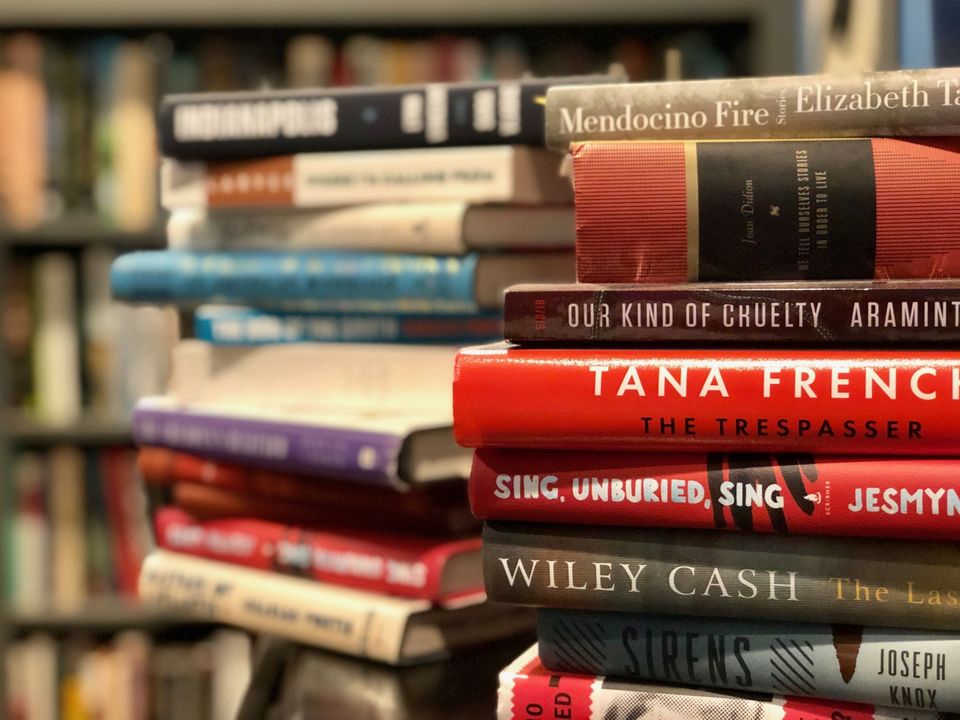From Inside Higher Ed: The Reader.
A willingness to incorporate the Kindle into my routines does not mean abandoning print, any more than giving up the habit of inscribing my name inside the cover of a book has made me any less bibliocentric. The patterns of engagement with text – the levels of concentration you bring to reading, the various degree of intensity with which you connect with a given work – change over the course of your life. The wizards of digital media will get me to part with the Nonesuch edition of William Hazlitt’s selected essays when they pry it from my cold, dead fingers. But reading a collection of scholarly papers like Metaphysical Hazlitt: Bicentenary Essays from Routledge on Kindle sounds perfectly OK – especially for anyone who can’t afford $145 for the hardback, while no paperback is to be expected.
And while it is painful to witness the erosion and collapse of large sectors of infrastructure for print culture, this is happening under the strain of internal contradictions, not because of e-book devices.


